The music streaming revolution is here, thanks to these new streaming platforms
Qobuz, Marine Snow and TOKiMONSTA’s sonu.stream are the latest disruptors in the streaming game. Their goal? To pay artists their full worth and give consumers the best experience.

User with headphones using the Qobuz streaming platform
The current landscape of music discovery is vast, accessible, and can turn your phone into the echo chamber of everything you love about your favourite artists and genres. But is it killing the music industry?
As of 2022, there were almost 400 million people subscribed to any of the three top music streaming giants, according to Statista. To put that into perspective, that’s the entire population of the United States and Italy combined paying up to £11 a month to access over 100 million songs.
The pay-per-stream model adopted by all three streaming giants works wonders for the Ed Sheerans of the world, who pockets a breezy £ 7.3 million per song on Spotify according to Cosmopolitan. But the approximate 0.007p per stream fails to impact your average musician’s bank account. In fact, because of this model, in addition to a powerful algorithm that works hard to keep consumers interested, listeners find it harder than ever to discover independent music, making it impossible for some artists to grow any revenue at all.
The EU recognises this problem. In January, members of the European Parliament voted for new legislation to address fairer payouts for musicians across revenue distribution in music streaming. Within the EU Parliament bulletin, three major concerns were recognised and flagged: unfair revenue distribution, an imbalance of visibility between popular and emerging artists and a lack of regulation surrounding AI.
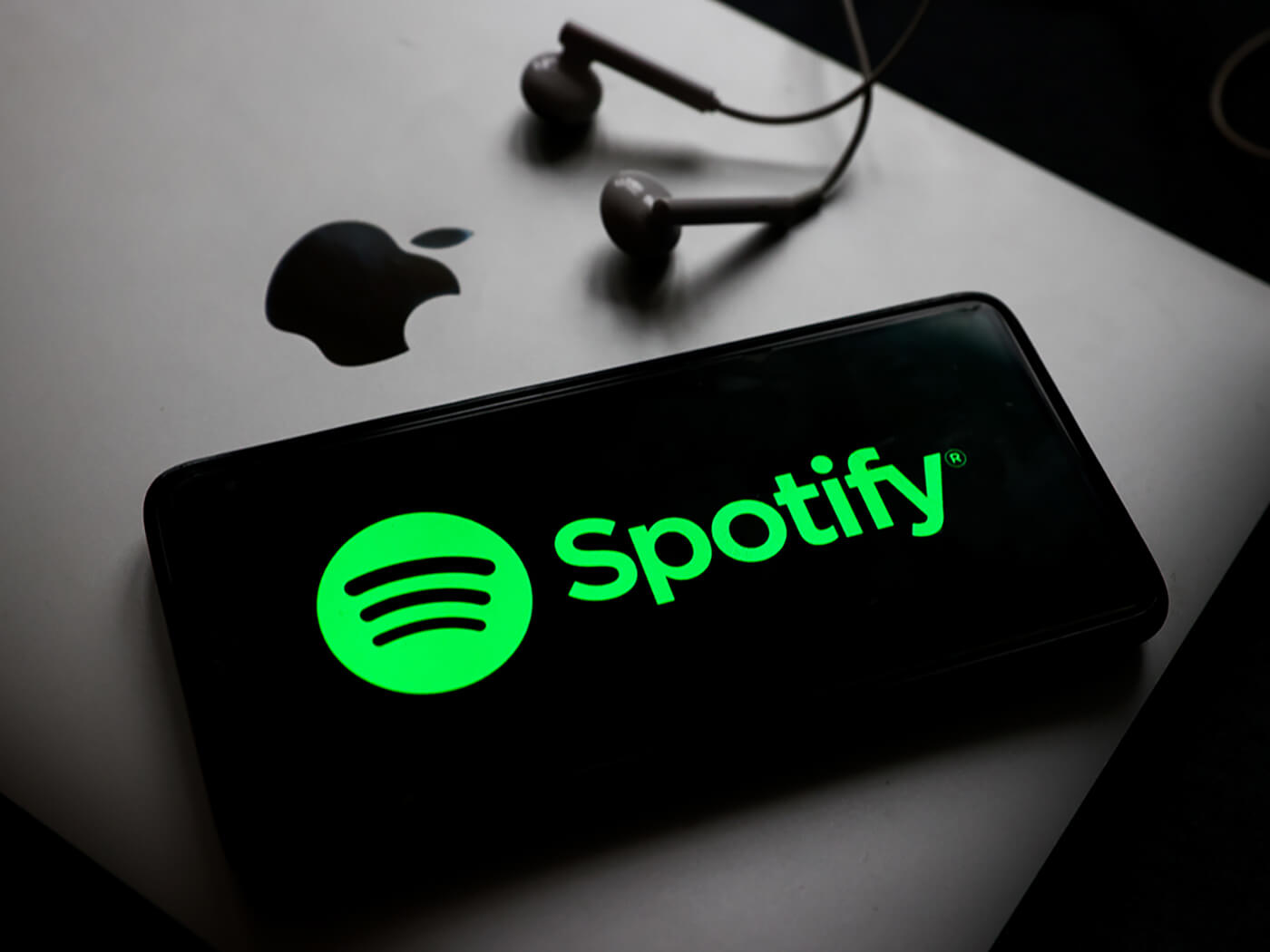
While this step is monumental in protecting artists and their music, this isn’t the first time we’ve seen work to fight against the streaming giants. Smaller streaming services have been working hard to tackle many of the above issues for years — democratising music, protecting the artist and their art, retaining the quality of the record, and ensuring that everybody has a chance to be heard without slipping through the cracks of the algorithm. Such streaming services are the new face of music discovery.
Understandably, there is a glaring problem here: the 400 million users of the giants aren’t going to cancel their subscriptions and move over to smaller services that offer a fraction of the music on offer for a higher price — we saw as much with the launch of Tidal. So, something has to change in our understanding of the relationship between the streamer and the artist, knowing that it can’t continue in its current state. At least, not if we want a flourishing global music industry.
Three up-and-coming streaming services have three different approaches to changing the industry, hoping to impact the artist, the consumer, and everyone in between.
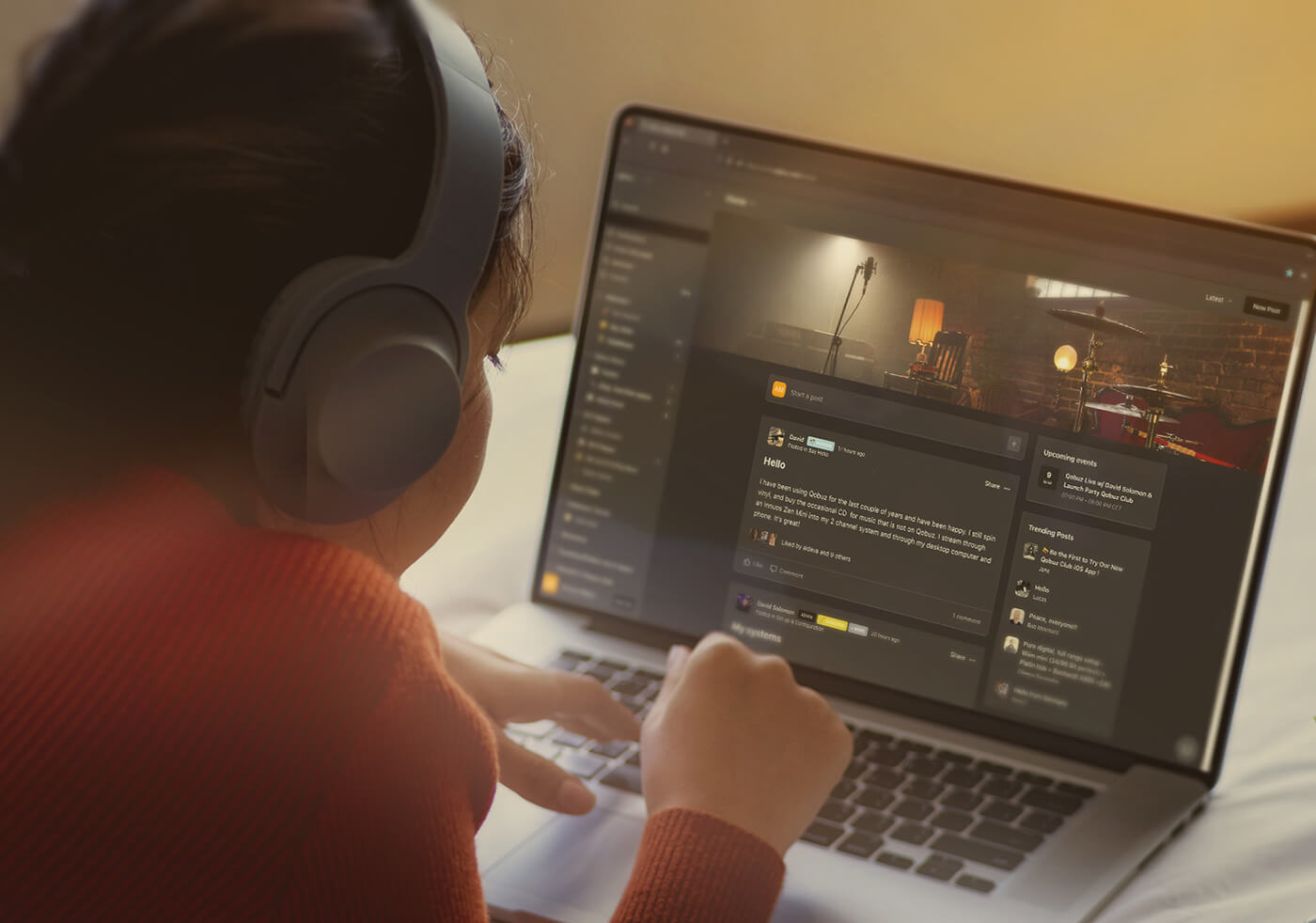
The new kid on the block
Finding your way as a new business in any industry is not easy, especially when you’re working in a near-monopolised industry. Co-founder of sonu.stream Laura Jaramillo makes this issue blatantly clear. Jaramillo, alongside revered producer TOKiMONSTA, built the streaming service to help “increase the pie” for everybody involved.
“Right now, the economics of streaming are very broken,” she tells MusicTech. “It’s a tragedy that all these other ways that artists show up for the music industry don’t get reflected in what pays for the passive consumption of music.”
sonu.stream leverages Web3 technology — using a blockchain, it traces who creates and owns a song, ensuring that this data cannot be changed or altered. NFTs are often referred to as digital ‘collectibles’ (and notoriously volatile novelties) but Jaramillo sees them as a way to protect artists.
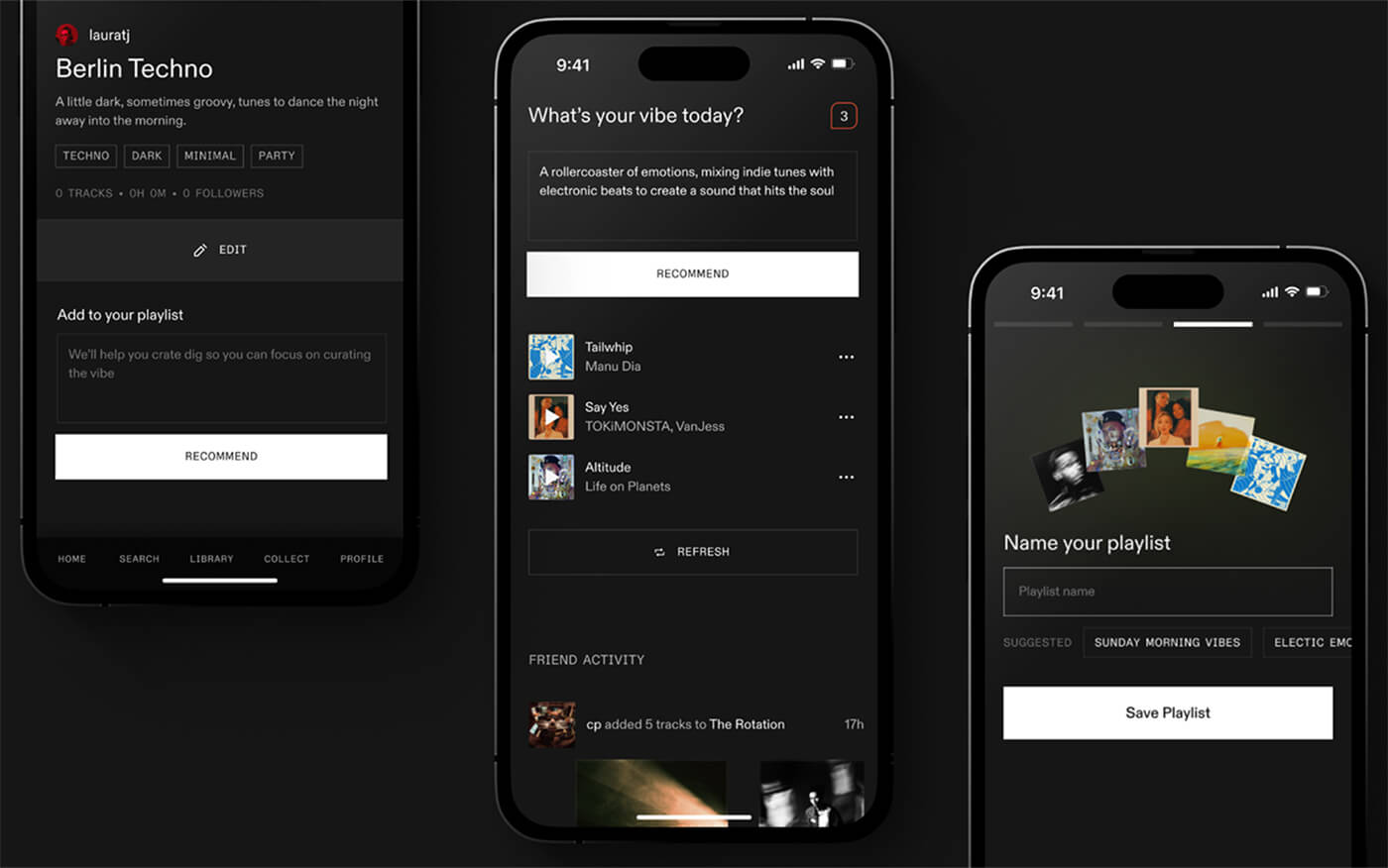
“It allows you to create a strong foundation that decentralises the permission for AI-generated music,” she adds. “This kind of progress is only possible through the blockchain and this kind of tech.”
Tony Lashley, founder of Marine Snow and an ex-Spotify employee, has similarly demonstrated his apathy for streaming services that aren’t putting artists first. He hit headlines a year ago announcing that the platform will pay artists equal to 500,00 Spotify streams upfront.
The platform works by having exclusive streaming rights to a song for 90 days. However, Lashley has recently implemented a new structure, where all artists can pay a subscription — if they choose to pay more they’ll have more ownership of the platform, incentivising artists to care more about the platform.
“You can only help artists as much as you can capture money or attention from consumers. Otherwise, you’re building a very fragile ecosystem,” Lashley explains. “These big streaming services are consumer first and artist second, but I do think you have to focus on why consumers will pay for your product. That’s intertwined with how you help artists, and the best businesses are like that. You have to create new forms of value if you want to succeed.”
Meanwhile, Qobuz — described as a “cool record store version of a streaming service” — offers a human-curated collection of high-resolution music for streaming and purchasing.
“We’ve taken on this mantra of an old-school vinyl shop because everything is racing forward and is so algorithmic,” says managing director of Qobuz Dan Mackta. “The aim [of major streaming platforms] is to keep you listening no matter what. They don’t want you to turn it off, so they want to give you something that will go down easy and not make you stop and think ‘do I want to listen to this?’”
“The goal is to be the choice for the aficionados,” he continues. “We only really need to get to one per cent of the streaming market to be widely profitable at our size.”
“You have to create new forms of value if you want to succeed” – Tony Lashley, founder of Marine Snow
Interestingly, all three services, despite having different intentions, all found an issue in the way that the giants distribute music in such a non-selective way ‘en masse’, despite that being the main appeal of the likes of Spotify, Apple Music and Amazon Music.
“For an artist to be heard or discovered on some of the major streamers it’s all about being playlisted by the editorial, and that process is so opaque,” explains Jaramillo, “It’s what makes and breaks an artist — as well as maybe a TikTok moment.
“It’s fundamentally a flawed model for a main proposition to be around the volume of the content,” adds Lashley. “That makes it very easy for someone to sign up, but very hard to achieve business success when you’re saying that no song is better than any other and we’re going to give you a lot and hope you find what you want.”
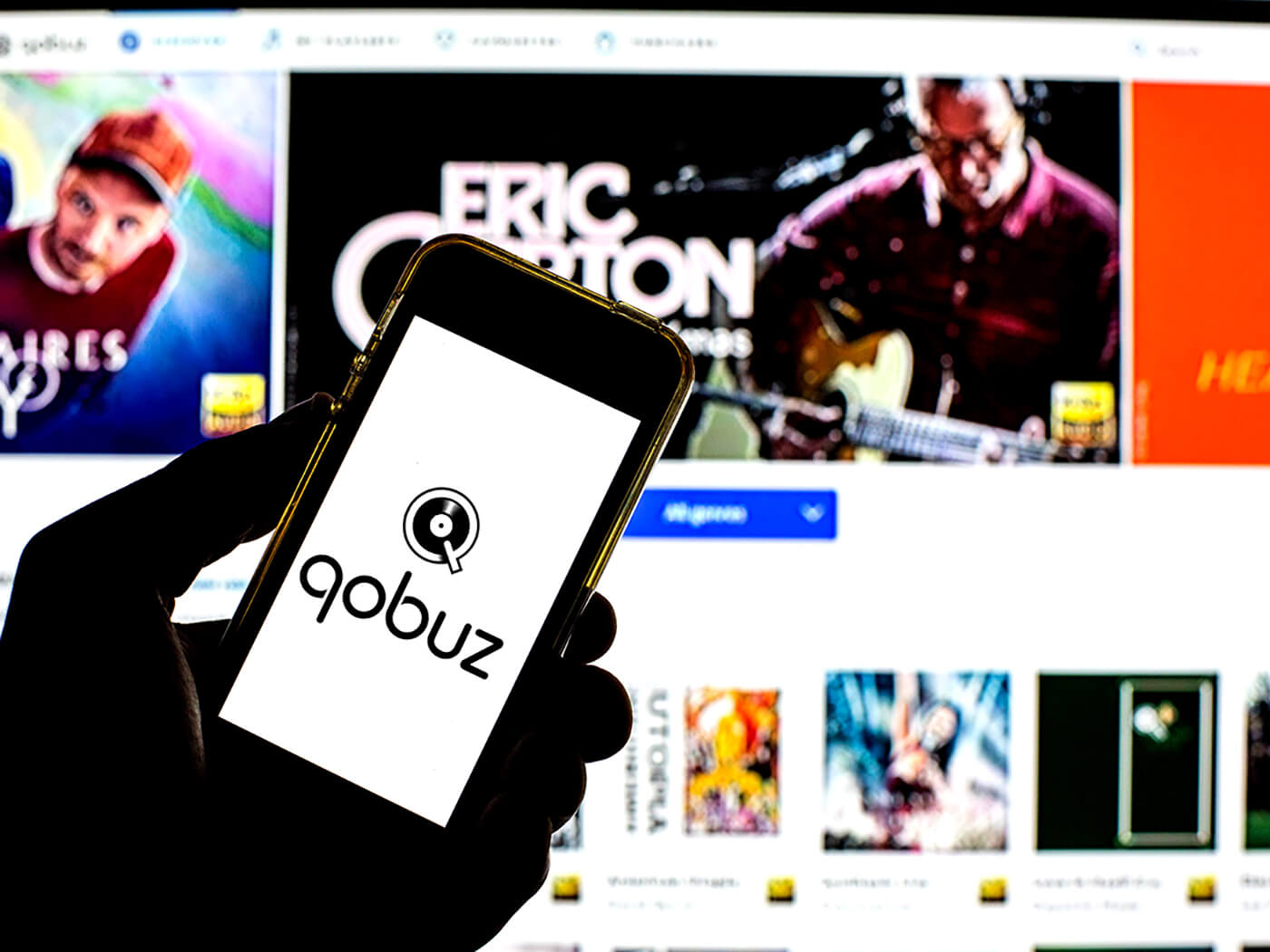
How to make a good habit stick
It’s a herculean task to encourage listeners to leave a service that is useful, reliable and has every song at your fingertips. But the way these services are supporting the industry and artists has had an impact on the consumers who are making the switch.
“Marine Snow users are honestly tired of the streaming giants,” Lashley says. ”They may still use them but they want alternative solutions. We’re trying to cultivate a small, avid community rather than a large, dispassionate community. So far, we’ve been able to achieve that.
Interestingly, these ‘giants’ aren’t making much money from the subscriptions, instead mainly making revenue from the stock market, with Spotify’s current market valuation sitting at 53.30 billion dollars. Therefore, their apparent lack of care towards creating a committed community is seemingly not an issue. Instead, it feels as though they just want to make a popular company — something that can be achieved when appealing to the masses.
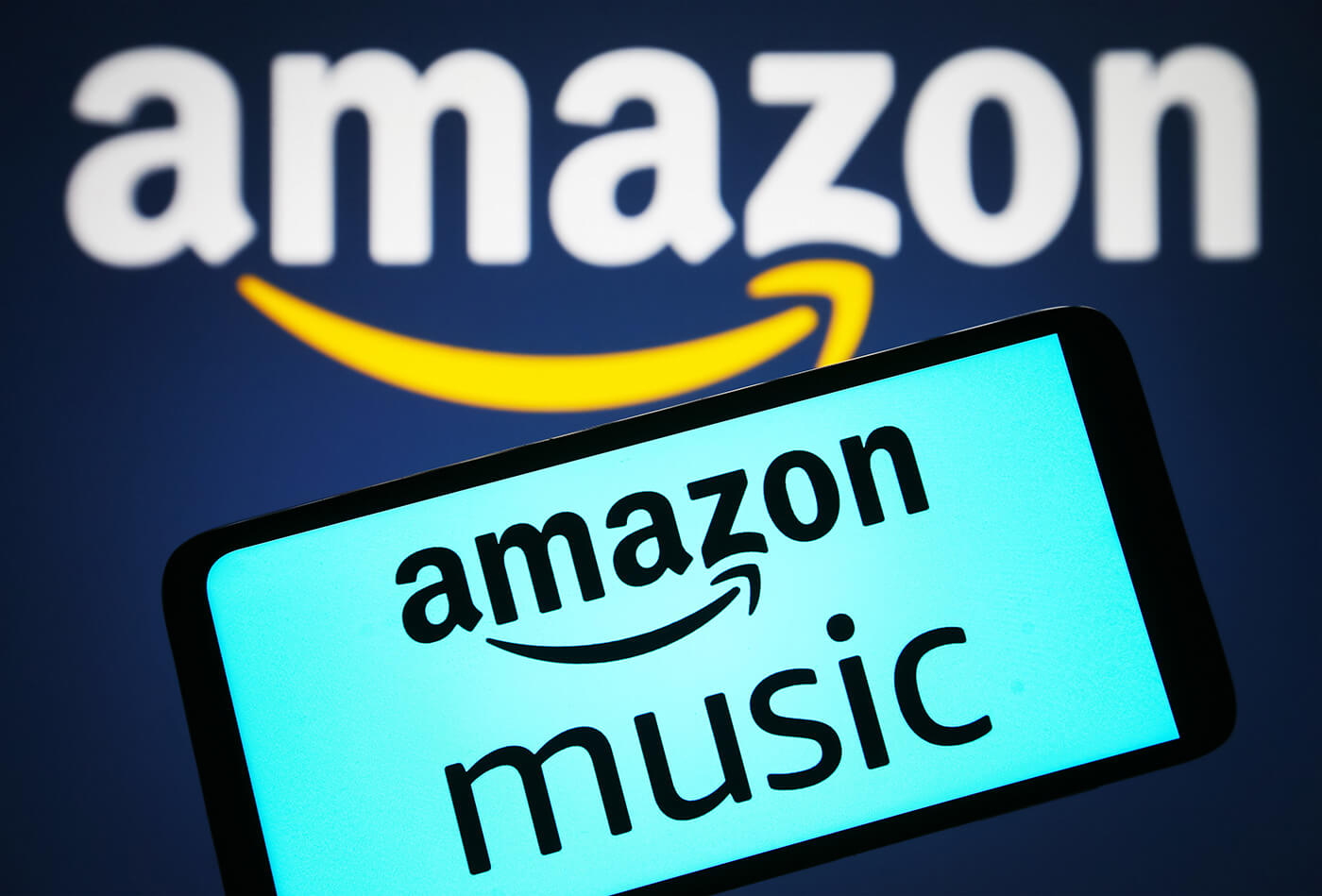
So what would be more beneficial to artists?
“Artists really understand what we’re doing and it’s very much an easy sell for them,” Lashley continues. “Our equity model resonates with them, but decoupling the value of quality versus consumption also resonates with them.
“An artist can think they’ve written a really good song, and it can get 10,000 plays and it’s still a really good song, no matter how many plays it gets.”
“I would rather that the more equitable bedrock is what other streamers can build on top of and share across the different experiences as we get more nuanced with how we enjoy music” – Laura Jaramillo, co-founder 0f sonu.stream
“People are disappointed in these giants and they see sonu.stream as an opportunity for change,” says Jaramillo. “Artists and labels are extremely excited by the opportunity. It’s a chance to make more revenue and single out those people that show up for them.”
However, when it comes to Qobuz, Mackta sees the hesitation that many have moving away from an algorithm towards something that is hand-picked.
“We know that there’s a good fit for a certain kind of music fan, they see it, they get it, and they’re in. Some will write in and say they want more algorithmic, so we’re maybe looking to add an artist radio because people like that. People really dig the human editorial side. They know that there’s someone there listening to the music and writing a review — songs are placed on the front page with intention, and people respond well to that.
“We’re an interesting company at an interesting point in history. We make choices and when people respond positively, it’s the ultimate affirmation that we’re making the right choices and getting great feedback.”
“We don’t exist without the artists that make the music, so they should be getting everything that they deserve” – Dan Mackta, managing director of Qobuz
The future of streaming
The growth in these organisations shows a real mark in how the monopoly of music streaming is shifting. There is a desire for an antidote to the major streamers, and the power that they hold over an artist’s success.
“I’m trying to be the change that I want to see,” says Lashley. “You look at Marine Snow and see the problems in other services. The biggest is that most artists you speak to don’t know how to get others to pay attention to what they’re doing. They just make a song or a TikTok and they pray. That’s really hard and it’s not up to them who gets put on that path to success.
“I want Marine Snow to be one of those first steps in that path, knowing that it will lead to greater success.”
The mood is similar for Mackta, who says that Qobuz “gives a chance to artists that aren’t embraced or featured in mainstream streaming.
“We don’t exist without the artists that make the music, so they should be getting everything that they deserve.”
The core issue with streaming giants is not just how artists are paid, but also who is paid. Given the echo chamber nature of their algorithms, pushing the same or similar artists in the face of listeners to keep them on the app, or the difficulties that many face trawling through the millions of albums and artists to find anything remotely new or niche, these services are lacking the one thing that traditional music shops promote: choice.
It seems diabolical that services brimming with an endless supply of music leave listeners with little to no choice. The lack of transparency over new music and leaving the algorithm to do the work leaves the listener with little control over the outcome.
“I don’t want to live in a world where sonu.stream is the next behemoth streamer,” says Jaramillo. “I would rather that the more equitable bedrock is what other streamers can build on top of and share across the different experiences as we get more nuanced with how we enjoy music.
“Ultimately, it’s about making sure you have the licensing in place for the music that people want to see,” she adds. “That is what will make the user make the switch rather than it just being a ‘better place to be’. We need to give them a reason to keep coming back”.
The power that the streaming giants have in controlling the listening habits of 400 million people should not be understated. There’s a reason why artists, consumers and those who care about the health of the music industry want to act on this power. Maybe it’s time we all start to listen.